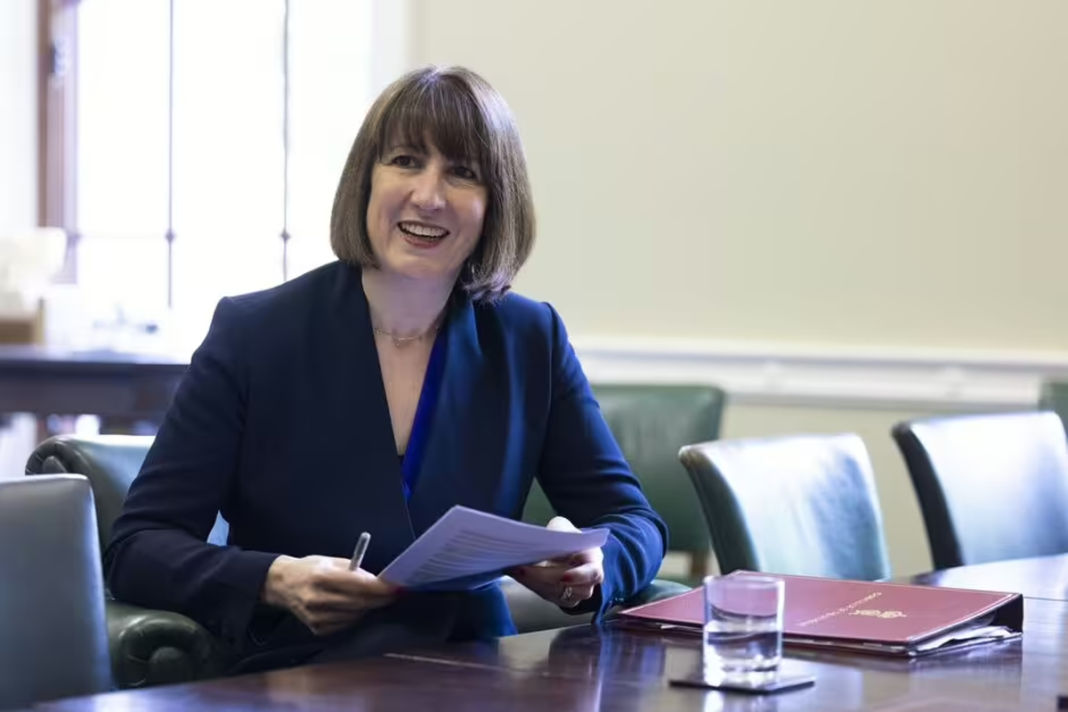Leading economists are calling on UK Chancellor Rachel Reeves to reconsider her fiscal approach as she prepares to deliver her spring statement on March 26. With the Office for Budget Responsibility (OBR) expected to downgrade the country’s economic outlook, Reeves faces mounting pressure to adjust fiscal rules or raise taxes rather than resorting to welfare cuts.
Fiscal Rules Under Scrutiny
Reeves’ fiscal framework permits government borrowing for investment but requires balancing day-to-day expenditures with tax revenues. Additionally, her policy mandates public debt reduction by the end of the forecast period, albeit using a more flexible definition of debt than previous chancellors.
Despite calls from within her party to avoid further welfare reductions, Treasury sources indicate that Reeves is determined to impose spending cuts, having already implemented £40 billion in tax increases in her October budget. She recently reaffirmed the government’s stance, stating:
“We need to spend more on national defence, but we need to reform our public services and our broken welfare system.”
Alternative Approaches Proposed
Several economists argue that Reeves should consider fiscal flexibility rather than deep welfare reductions.
- David Blanchflower, former Bank of England policymaker, suggested that strict adherence to fiscal rules is not necessary during uncertain economic times.
- Michael Jacobs, an economist at the University of Sheffield and former adviser to Gordon Brown, pointed to the changing geopolitical landscape, arguing that national security concerns justify altering fiscal rules. He highlighted that Germany has already excluded defence spending from its fiscal limits.
- Benjamin Caswell, a senior economist at the National Institute of Economic and Social Research, echoed this view, stating that investors would likely accept defence spending exemptions given the shifting global landscape.
Other experts suggest that Reeves should consider raising taxes rather than implementing deep spending cuts.
- Danny Sriskandarajah, chief executive of the New Economics Foundation, called the fiscal rules arbitrary, suggesting they should be adjusted in light of increasing defence costs and an ageing population.
- Alfie Stirling, chief economist at the Joseph Rowntree Foundation, warned that growing demographic pressures on public services mean that some form of fiscal adjustment is inevitable.
- Jo Michell, professor of economics at the University of the West of England, predicted that further tax hikes would be unavoidable, cautioning that the current fiscal path risks leading to a scenario of “death by a thousand cuts.”
Market Concerns and Fiscal Tightrope
Not all analysts agree that Reeves has significant room to manoeuvre. Paul Johnson, director of the Institute for Fiscal Studies (IFS), warned that the existing fiscal rules are already as loose as reasonable, highlighting rising gilt yields since the October budget as a sign of market jitters.
Despite differing opinions on the best course of action, it is clear that Reeves faces a difficult balancing act—managing the UK’s economic challenges while addressing pressures on welfare, defence, and public services.
Read more about business updates on London Pulse News.


